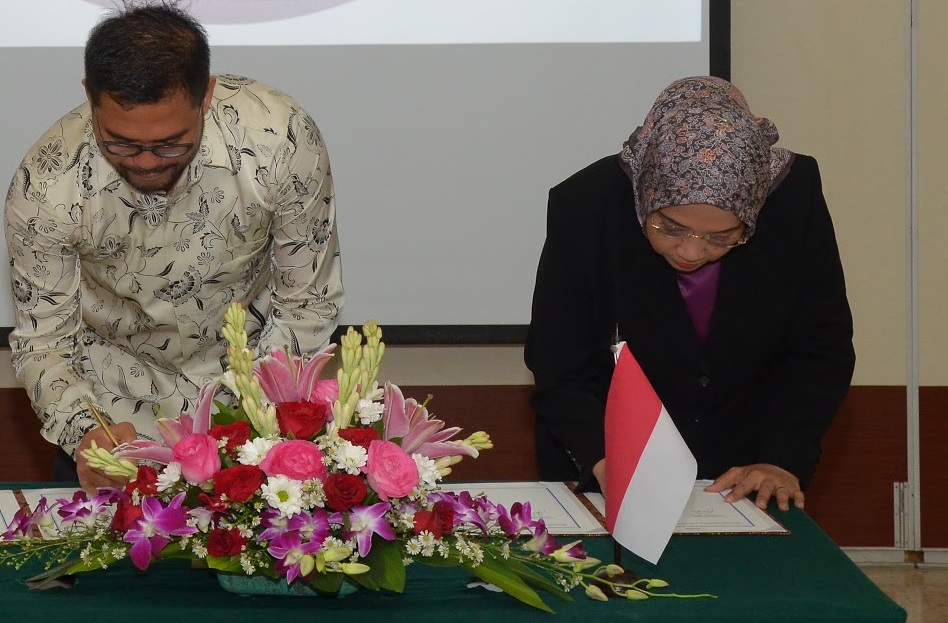
Partnering for Improved Extractives Governance in Indonesia
Indonesia’s petroleum and mining sectors helped power the country’s transition to middle-income status. As considerable drivers of Indonesia’s annual economic growth, extractive industries contribute about a third of exports and state revenues, generate hundreds of thousands of jobs, and fuel the growth of non-resource-based industries.
As Indonesia seeks to sustain its development gains, the country’s future energy demand will increase rapidly. Yet, its hydrocarbon deposits are depleting after a long history of production. With petroleum production declining, the country has been a net oil importer since 2004.
Southeast Asia’s largest economy has diverse local energy sources to power industry, expand energy access to the poor, and support burgeoning small and medium enterprises. But the governance of its non-renewable resources is marked by corruption and weak revenue management (especially at the subnational level); low commodity prices; the threat of climate change; and the quality of policies and institutional performance.

Jelson Garcia of NRGI and Diani Sadia Wati of Bappenas sign the memorandum of understanding in Jakarta on 1 February 2016.
With the aim of helping Indonesia to address these challenges, the Natural Resource Governance Institute (NRGI) today signed a memorandum of understanding with Bappenas, the Indonesian government’s planning agency. During the partnership’s three-year timeframe, which commences this month, NRGI will:
-
support Indonesian government officials in analyzing options to improve the quality of oil, gas and mining governance
-
provide relevant training and other capacity development programs
-
facilitate dialogue between relevant ministries, local governments and other stakeholders in the resource sector.
This is our first institutional partnership with the Indonesian government. It paves the way for an innovative collaboration between a civil society organization and a central ministry with the goal of advancing a government-led and multi-faceted reform process in the oil, gas and mining industries.
The partnership also furthers the approach NRGI has taken to help inform national policy decisions since we began operating in the country in 2007. NRGI has produced a systematic diagnosis of Indonesia’s mining licensing system and the quality of its transparency and accountability systems in the extractive industries. We also provide ongoing technical assistance to Bojonegoro district, an oil- and gas-rich region in East Java, to develop the first subnational natural resource fund in the country.
This formal cooperation reinforces our three-year country strategy that begins this year. The strategy engages NRGI with decision makers and other key actors in the ongoing revision of petroleum and mining legal frameworks; the efforts of resource-rich regions to manage the risks of resource curse; and the government’s commitment to improve the transparency and accountability system through the Extractive Industry Transparency Initiative (EITI) and relevant mechanisms.
“[The agreement between NRGI and Bappenas] supports the government’s Third Mid-Term National Development Plan (RPJMN 2015-2019) and the state reform agenda of President Joko Widodo, which champions good governance and anti-corruption in the management of oil, gas and mining in Indonesia,” said Bappenas director for analysis of law and regulation Diani Sadia Wati in her speech at today’s signing.
President Widodo has instructed Bappenas to coordinate with relevant ministries and subnational governments, especially on regulatory reforms and anti-corruption. This partnership, in effect, will strengthen Bappenas’ ability to inform government decisions relating to the governance of the petroleum and mining sectors.
NRGI will work closely with Bappenas' Directorate for Analysis of Law and Regulation to implement the terms of the partnership.
Jelson Garcia is the Asia-Pacific director at the Natural Resource Governance Institute.
